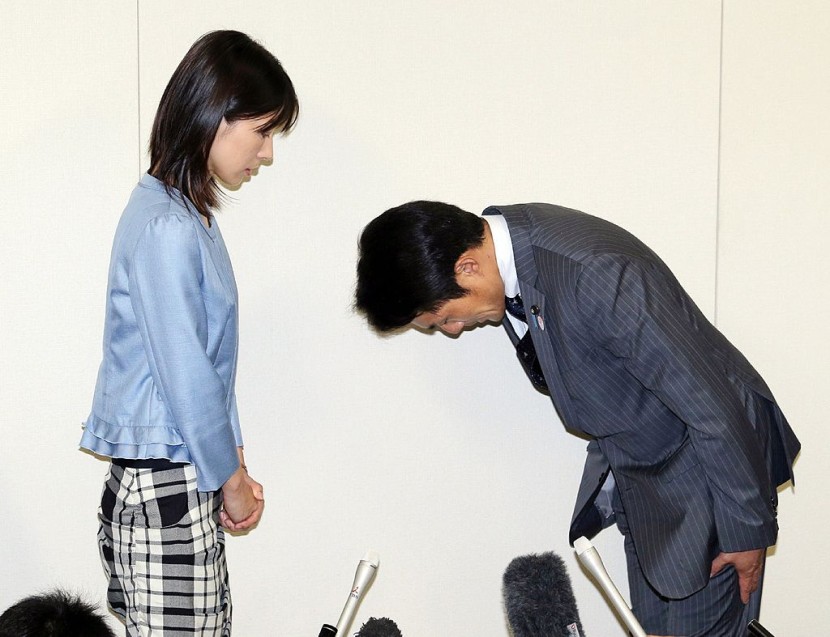Yuna Kato, a third-year student at one of Japan's top engineering institutions, wants to pursue a career in research but worries that it won't last if she has kids.
According to Kato, her relatives have tried to discourage her from pursuing a career in science, technology, engineering, and mathematics (STEM), claiming that such women struggle to find husbands because they are too preoccupied with their jobs to balance dating and raising kids, as reported by Reuters.
Although Kato has progressed this far, the societal stigma causes many would-be female engineers to choose a different path, which is a huge problem for Japan.
By 2030, the nation will face a shortage of 790,000 professionals in the IT sector alone, partly because women are significantly underrepresented in the workforce.
The result, according to analysts, is a decline in creativity, productivity, and competitiveness for a nation that grew into the third-largest economy in the world over the course of the last century on the strength of those strengths.
With only 16 percent of female university students majoring in engineering, manufacturing, or construction, and with only one female scientist for every 7 people, Japan comes in last among developed nations. In spite of this, according to the OECD, Japanese females ranked third in science and second in math.
Closing the Gap
Japan's score for overall gender parity dropped to a record low this year. The nation is trying to narrow the disparity.

About a dozen universities, including Kato's Tokyo Institute of Technology, will heed the government's proposal to adopt a quota for female STEM students starting in the academic year beginning in 2024, joining several others that started this year.
For a nation where an inquiry in 2018 revealed a Tokyo medical school had purposefully decreased women's entrance exam results to favor admitting men, this represents a significant U-turn. Officials from the school believed that women would waste their degrees by quitting their jobs after having children.
The government recently produced a 9-1/2 minute movie to demonstrate to schools and other adults how "unconscious bias" discourages females from pursuing STEM studies in an effort to shift perceptions.
To attract talent, more universities and businesses, like Toyota and Mitsubishi Heavy Industries, are providing scholarships to female STEM students.
Panasonic claims that senior engineer Kyoko Ida could relate to the women questioned for the creation of the company's bread machine, whose users are primarily female, and that Panasonic recognizes the advantages of a female perspective.
The Challenges of Female Engineers in Japan
Female engineers in Japan face a number of challenges, including, a lack of role models and mentors. There are relatively few female engineers in Japan, which means that young women may not have many role models to look up to. This can make it difficult to break into the field and advance their careers.
Japanese society is still largely patriarchal, and there are some lingering gender stereotypes that can make it difficult for women to succeed in engineering. For example, some people may assume that women are not as good at math or science as men.
Some employers in Japan may not be supportive of female engineers. This can manifest itself in a number of ways, such as a lack of flexible work arrangements or a lack of opportunities for advancement.
Related article: Japan Facing Major Population Crisis: Here's Why








